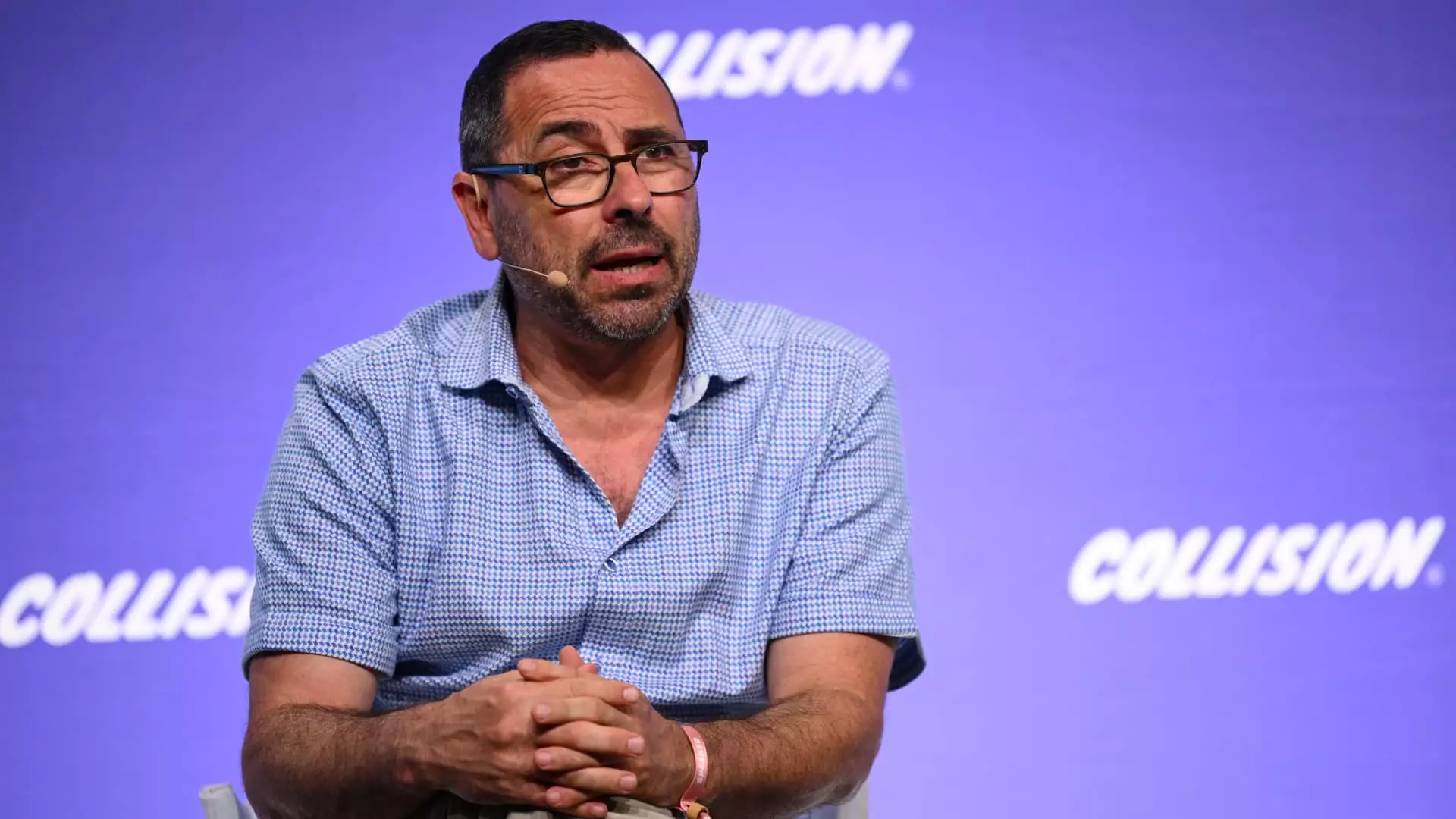Over the past few years, the technology landscape has witnessed the burgeoning growth of artificial intelligence (AI), making it an arena both thrilling and fraught with peril for companies dabbling in its transformative potential. Cerebras Systems, an AI chip developer, has recently gained clearance from the Committee on Foreign Investment in the United States (CFIUS) to move forward with a transaction involving Group 42, a strategic partner with ties to Microsoft. This seemingly positive development, however, obscures a labyrinth of challenges that looms large over Cerebras as it seeks to navigate the tumultuous waters of going public.
CFIUS’s approval is an important milestone, but it also highlights concerns regarding foreign investments and their implications for national security. The intense scrutiny surrounding Group 42, particularly its previously noted connections to Chinese investments, demonstrates that even innovative American companies must tread carefully in their partnerships. The sentiment towards foreign connections has soured in recent years, forcing tech firms into a defensive position regarding their affiliations. For Cerebras, this scrutiny could cast a long shadow on their public offering aspirations, especially given that a staggering 87% of their revenue comes from Group 42.
Revenue Dependency Dilemma
Cerebras’ dependency on Group 42 serves as both a boon and a bane. On one hand, it offers a steady revenue stream critical for sustaining operations. On the other, it raises red flags about the company’s autonomy and long-term viability. If Cerebras’ fortunes are too tightly intertwined with a single entity, investor confidence could waver. It’s a familiar story in tech: reliance on a major partner can either propel companies into success or plunge them into uncertainty. Investors keen to back innovation will no doubt weigh these risks heavily, pushing Cerebras to clarify its diversification strategies in future communications.
The challenges of revenue dependency have been exacerbated by the broader economic environment. With interest rates on the rise, the allure of tech IPOs has dimmed significantly. Cerebras joins a select few in the technology sector who have opted to brave the IPO waters, but with competitors like Nvidia still dominating the market for AI models, the company’s path to sustainable growth remains fraught with hurdles.
Cautiously Optimistic Stakeholders
On a brighter note, Andrew Feldman, co-founder and CEO of Cerebras, appears to be banking on the sentiment that partnerships like those with Microsoft and UAE-based Group 42 demonstrate a healthy appetite for innovation, particularly in AI technology. Feldman’s comments about the supportive role of the U.S. government signal an optimism that might resonate with potential investors seeking cutting-edge prospects in AI. However, this optimism comes with caveats. Many will question whether government backing translates into tangible benefits or simply serves to placate tech companies amidst a whirlwind of scrutiny.
Furthermore, the decision to transition from voting to non-voting shares indicates an acute awareness of regulatory pressures and the complicated nature of public perception. While this strategy might alleviate some concerns momentarily, it could also foster skepticism about the company’s commitment to transparency. Stakeholders must grapple with the reality that, in an age defined by both innovation and distrust, Cerebras’ journey to public equity raises as many questions as it answers.
As the narrative unfolds, Cerebras stands at a crossroads—balancing the demands of innovation with the necessity of regulatory compliance. The challenges they face underscore a deeper reflection on how emerging tech companies can not only survive but thrive amidst the complexities of investment and globalization.

